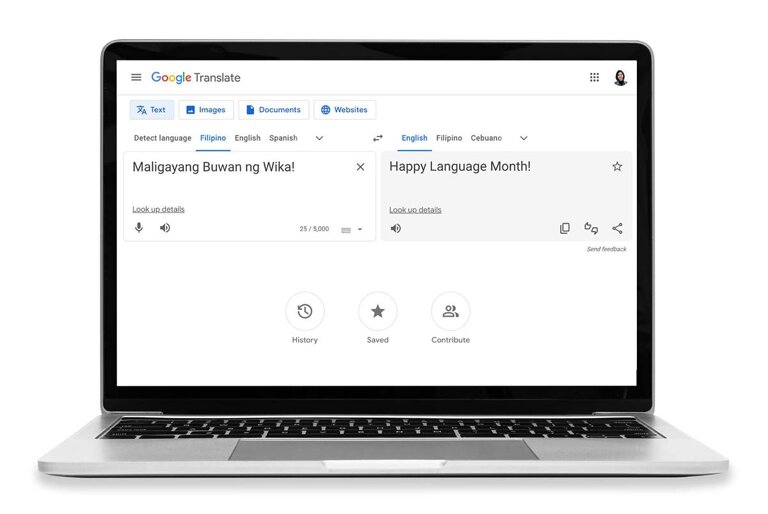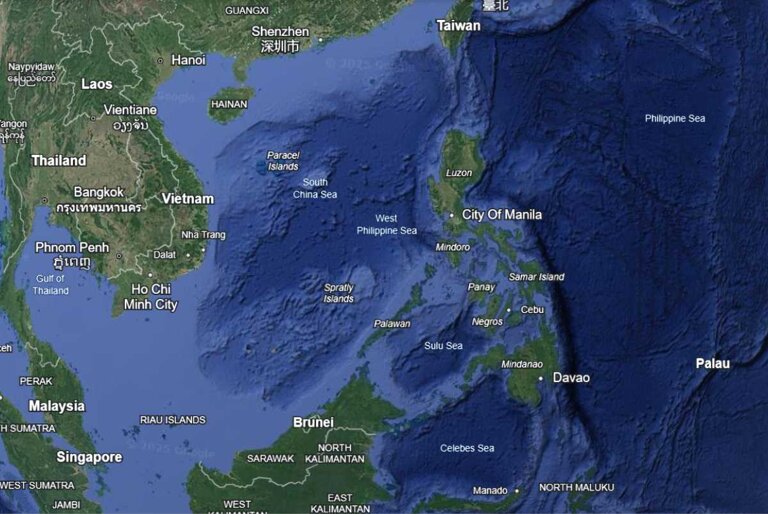August is the national Buwan ng Wika (month of language) in the Philippines, which is home to over 180 native languages and dialects. Each language reflects the rich culture and history of its speakers, and some words are so unique and beautiful that they deserve to be known by more people.
To help you expand your vocabulary and appreciate the diversity of Filipino languages, we asked some Filipino teachers to share their favorite words that are not commonly used or heard. Here are some of the words they suggested, along with their meanings and English translations.
Uswag
This word comes from Cebuano/Bisaya, one of the major languages spoken in the Visayas region. It means “to develop or improve” and has no direct translation in Filipino. Tyron Casumpang, a Humanities and Social Science strand coordinator at the Far Eastern University High School, chose this word as his first favorite because it reflects the aspiration of many Filipinos to progress and grow.
Alimuom
This is a poetic Tagalog word that means “petrichor”, which is the pleasant smell that accompanies the first rain after a long period of dry weather. Casumpang also picked this word as his second favorite because it evokes a sense of freshness and renewal. In simpler terms, it can also be translated as “vapor”.
Bulaos
This word is from Bulakenyo, a dialect of Tagalog and Filipino spoken in the province of Bulacan in Central Luzon. It means “a narrow path or walkway leading to another place”. Dr. Marvin Reyes, part of the Department of Language and Literature faculty at San Beda University, explained that this word describes a trail or a small alley that connects different locations. According to Google Translate, it can also mean “roar” in main Filipino.
Pagbuburo
This is another Tagalog word that means “the process of fermentation”. Nancy Mari Milate of the O.B. Montessori Center shared this word because it relates to a popular Filipino dish called “buro”, which is made by fermenting fish in red yeast rice. Fermentation is a chemical reaction that involves sugar or salt with water and the absence of oxygen.
Urong
This word has two meanings in Tagalog, but one of them is rarely used nowadays. It means “to wash the dishes, glassware, and utensils used in every meal”. Rodolfo Andres, another teacher from the O.B. Montessori Center, said that this word is only spoken by older generations of Tagalog speakers to remind their children to clean up after eating. The more common meaning of this word is “to retreat”.
These are just some of the uncommon words among the different Filipino languages that you can learn and use during Buwan ng Wika. If you encounter any other word that you are not familiar with, you can use Google Translate to help you understand its meaning and pronunciation. Google Translate covers not only Filipino but also other languages in the country such as Cebuano and Ilocano.
Celebrate Buwan ng Wika by learning more about the diverse and beautiful languages of the Philippines. Check out Google Translate to start your journey.








